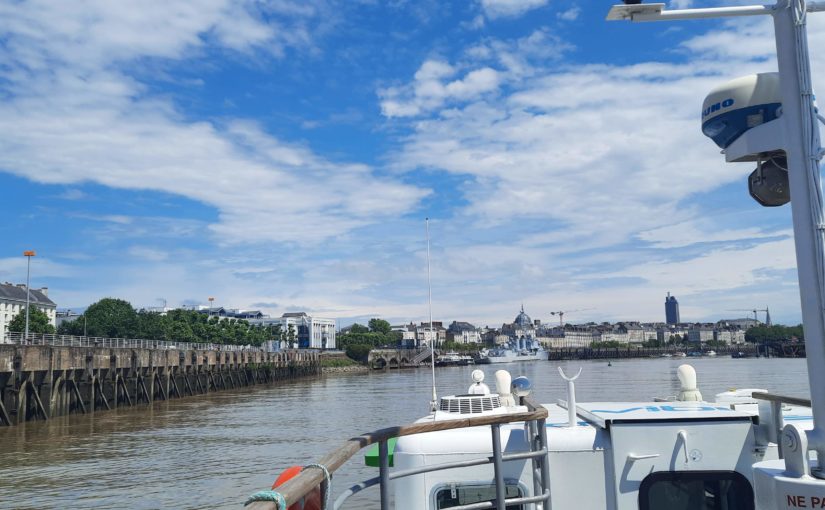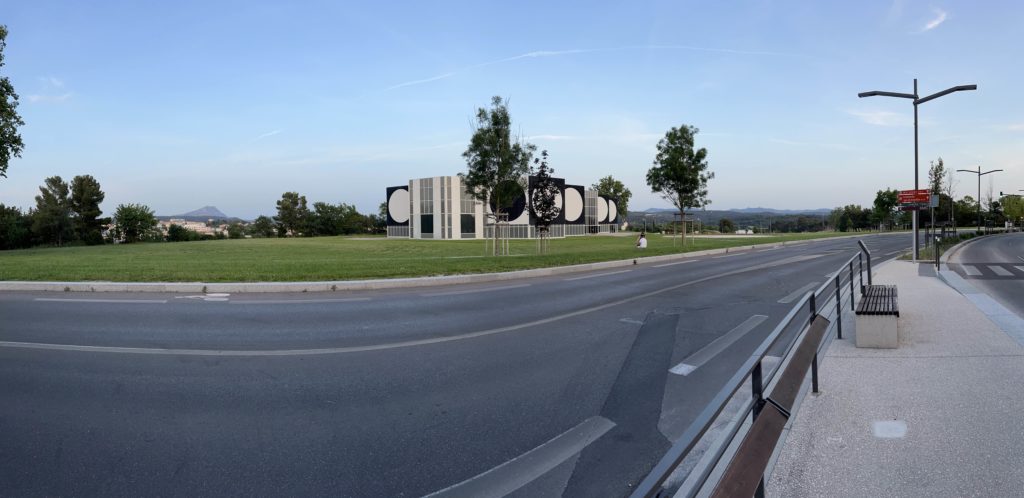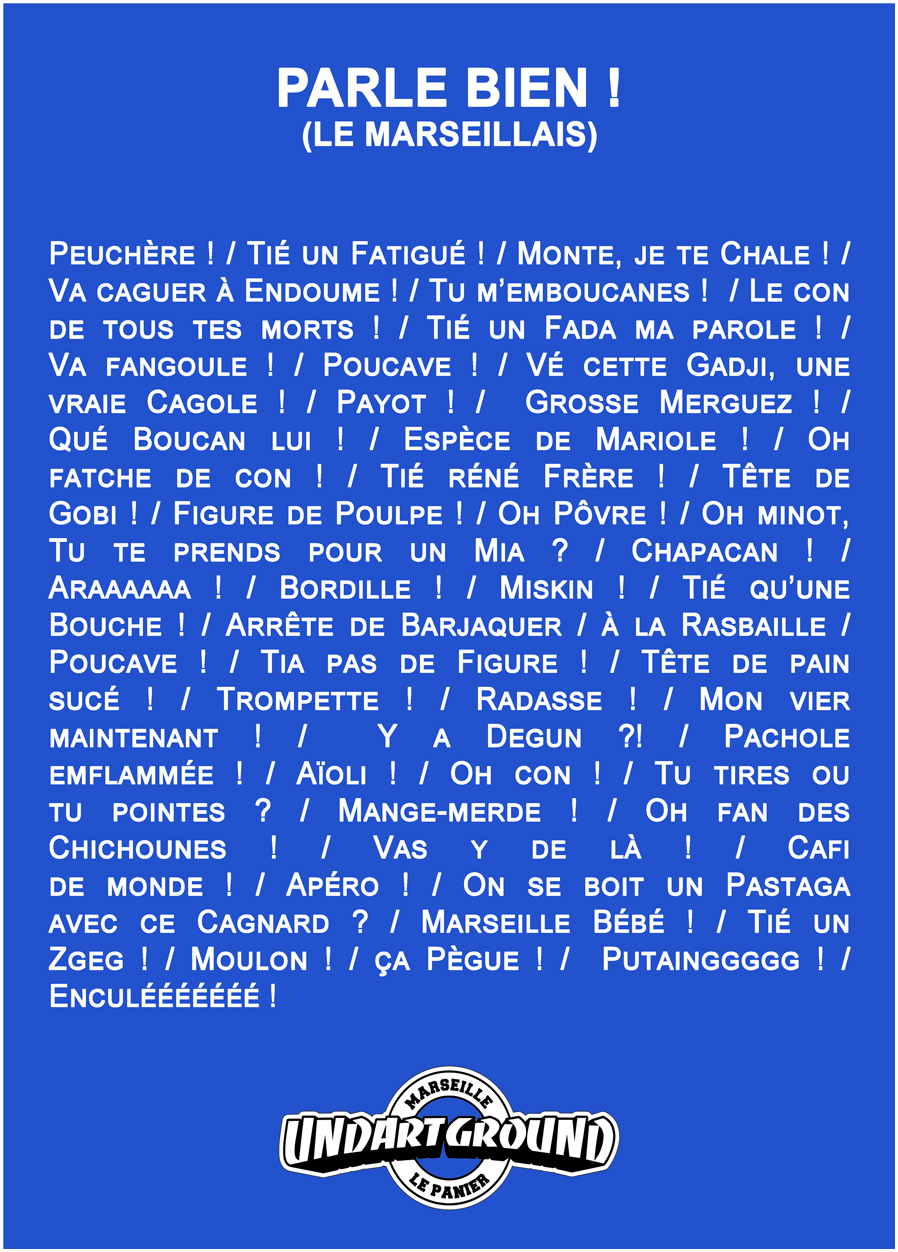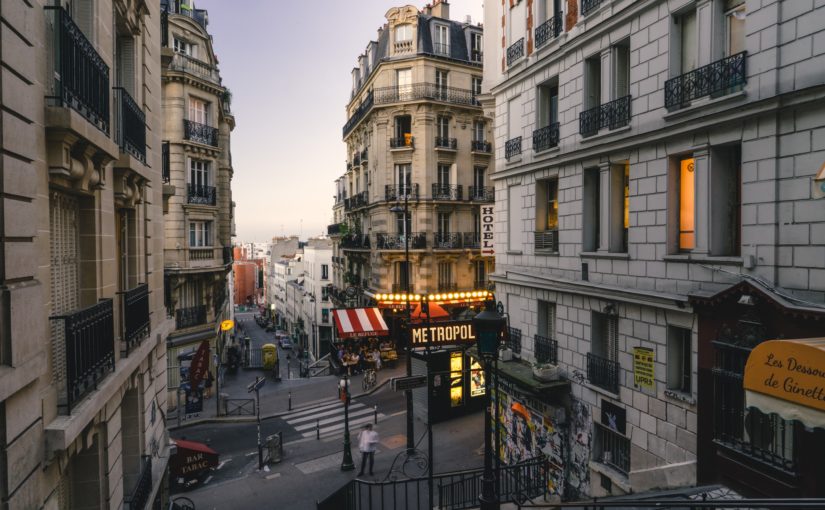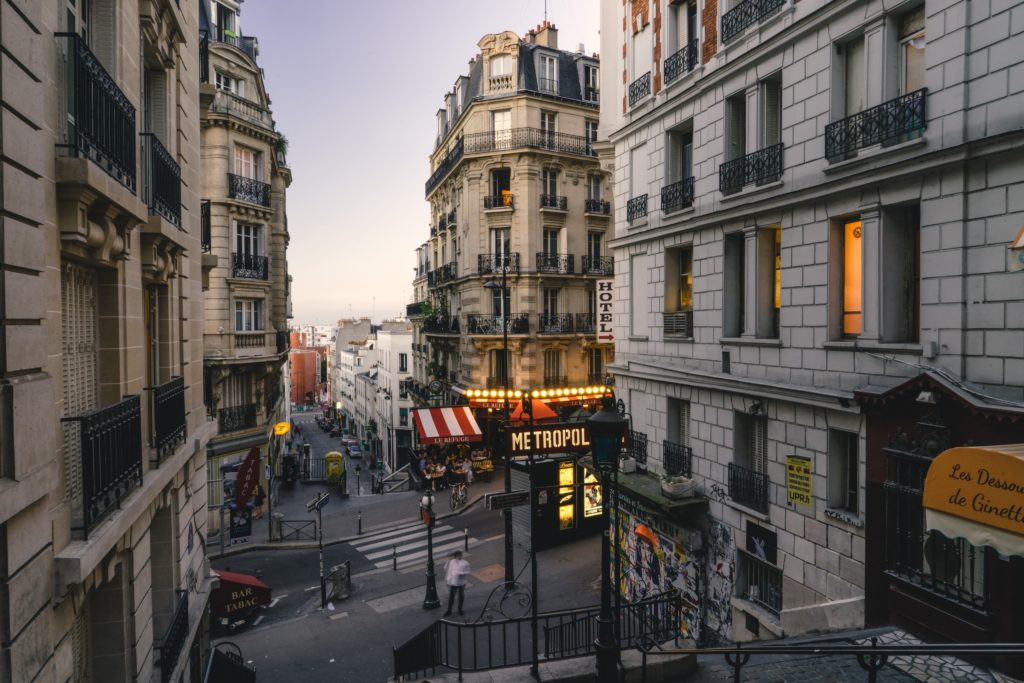To be honest, I find it a bit frustrating to talk to the French. I try my best, and I am not shy despite a very strong accent. Yet, whenever people hear me, they try to be accommodating and switch to English. I noticed this the most around young people. They are most likely to know English, and they are normally the most interested in speaking it. While I appreciate the kind gesture, I wish they would stop. After all, I want to practice, especially in situations that are unpredictable.
The dislike for English language is nothing but a stereotype in France. People do like to speak English; it’s just a lot of them (and this is great for me, actually) don’t know any foreign language. The lack of other language skills among the locals is perfect for those who want to be in situations where it’s French or nothing.
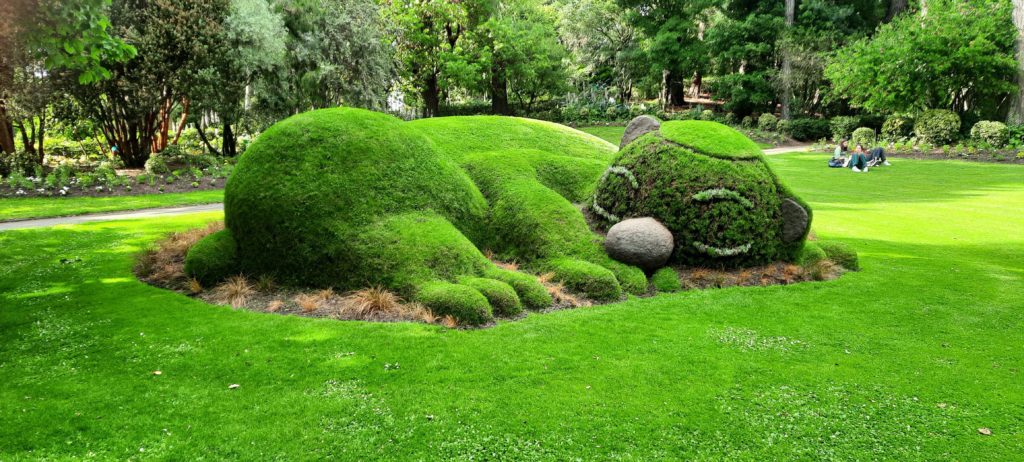
French people talk extremely fast. They use slang a lot, too, and they “eat” some words sometimes, so it is tricky to understand them. News, podcasts, and official announcements are much easier than the spoken language that I hear on the streets because locals don’t care that much about grammar, perfect pacing, and other standards. I feel like if I can master a long conversation with a perfect stranger on a variety of topics ranging from Macron to Ukraine, then it is when I can say that I made it in my language learning.
A thing that’s a little bit unique to me is the fact that I am Ukrainian. Therefore, a lot of French people ask me about Ukraine, how things are back home, and so on. It is quite kind and logical given the Russian war; therefore, I get to educate and explain a lot of things about Ukraine while practicing my French. I found this to be rewarding and challenging at the same time, and I am happy to see that my French is getting to the level where I can actually express whatever it is that I want to convey on this difficult and important topic. I learned such words as imperialism, colonialism, European responsibility, values, and so on. Great!
Overall, I like the French. Interactions are interesting. People are straightforward and have a good sense of humor (for the most part!). They are content with their lives, and this is contagious.
